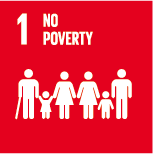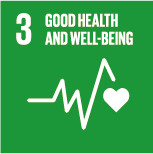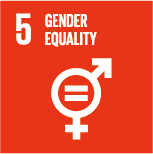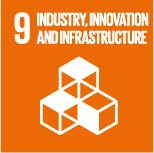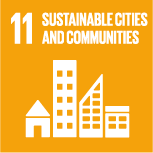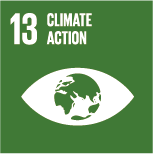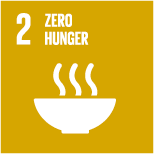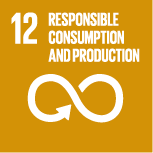The Mitsui Chemicals Group, which includes “promoting human well-being” as one of the five social contribution areas in its Corporate Mission, lists “a comfortable society in which people can enjoy healthy lives and well-being” and “an inclusive society creating diverse value” as its ideal future society and aims to realize this through its business activities. In VISION 2030, we have established the building of solutions-based business models as a basic strategy. This involves expanding the social issue perspective across all our businesses and offering solutions that combine services beyond just material supply. Through this approach, we aim to contribute to improving quality of life by addressing areas such as “health and livelihood,” “highly livable communities,” and “food security,” alongside business growth.
As a tool to track progress, we have defined the contributions that our products and services make to improving quality of life as Rose Value™, certifying those that meet our defined criteria through our assessment and review processes. By maximizing our contributions throughout the entire product life cycle through expanding and providing Rose Value™ products and services, we hope to achieve corporate growth for the Group and realize our ideal future society.

